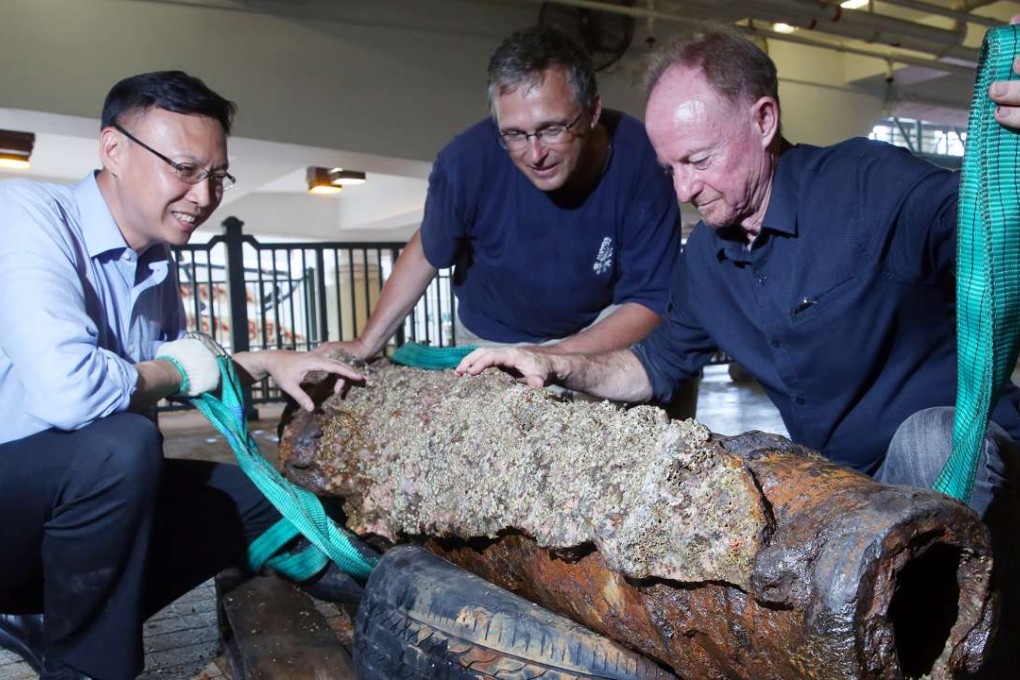Opinion | Current Hong Kong laws fail the test of heritage protection
Government needs to identify a working definition of the term ‘cultural heritage’ which could be ‘evidence of the achievements of man which should be passed on to future generations’

Many news stories have focused on disputes and issues involving Hong Kong’s “cultural heritage”.
Recently an underwater archaeology group discovered an ancient stone anchor and bronze cannons in the waters off Hong Kong and called for more government support for archaeological investigation. The demolition of Ho Tung Gardens and the delays caused to the Sha Tin to Central rail project by the discovery of the archaeological remains of a well at the former Sacred Hill in To Kwa Wan are still fresh memories.
High rents and greedy landlords have been accused of forcing out artisan workers and favourite food restaurants, representing loss of intangible cultural heritage. The issue of Queen’s Pier is also ongoing.
The body tasked with protecting heritage for us all, the Antiquities Advisory Board, has been criticised for being ineffective, weak and secretive, and the discovery of the remains of HMS Tamar is being ignored as much as possible.
There have been claims that the government does not care about Hong Kong’s heritage, that there is no coherent heritage policy and that the laws intended to protect cultural heritage are ineffective, outdated and/or not being applied or enforced.